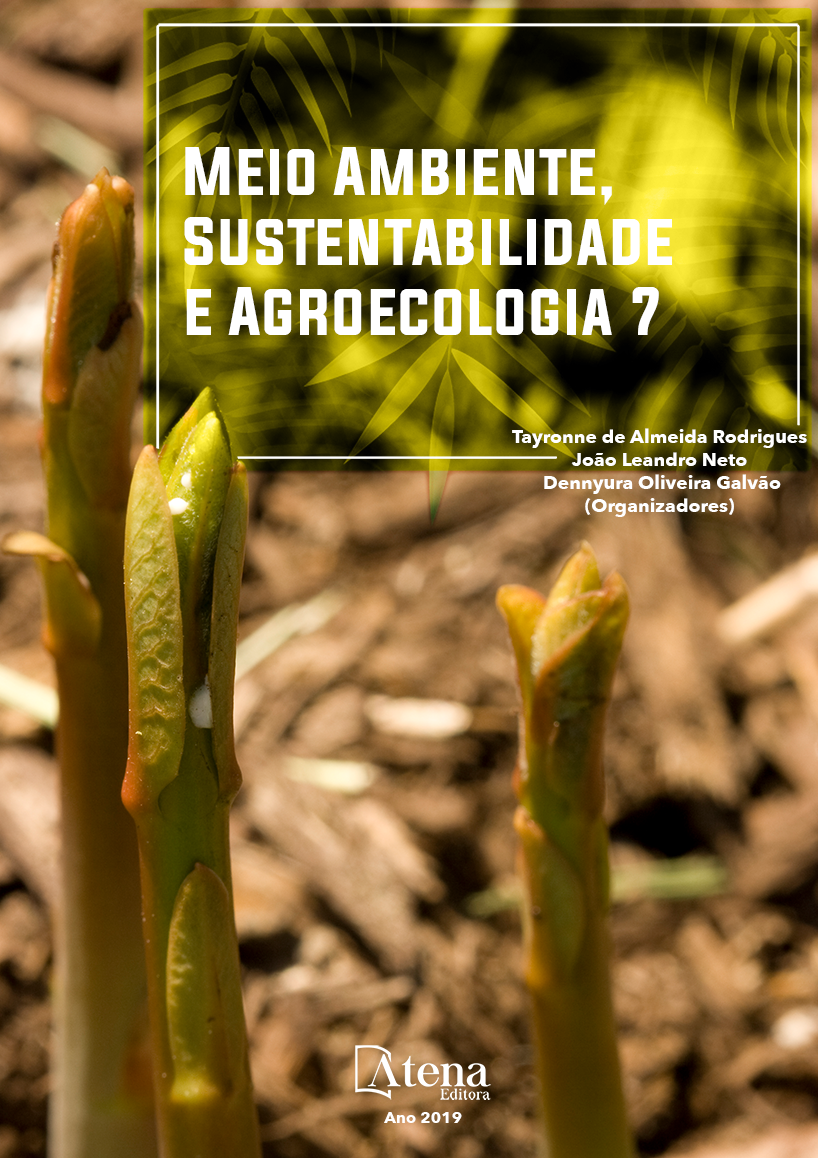
EVOLUÇÃO BIANUAL DOS ÍNDICES DE QUALIDADE DE ATERRO DOS RESÍDUOS (IQR) PÓS PROMULGAÇÃO DA POLÍTICA NACIONAL DOS RESÍDUOS SÓLIDOS (PNRS).
A pesquisa teve como objetivo
avaliar a evolução bianual dos Índices de
Qualidade de Aterro dos Resíduos (IQR) dos
municípios que possuem aterros na Unidade
de Gerenciamento de Recursos Hídricos
denominada Pontal do Paranapanema (UGRHI
22). O período em análise é compreendido
entre 2010, ano de publicação da Política
Nacional dos Resíduos Sólidos (PNRS), e
2016. Para análise da evolução foram gerados
mapas coropléticos no software R tendo como
base os IQR’s publicados pela CETESB. A
pesquisa aponta que as maiores cidades em
extensão territorial possuem maior dificuldade
no gerenciamento de seus aterros; notou-se
ainda que houve influência nos índices após
as novas exigências da Política Nacional dos
Resíduos Sólidos (PNRS) e posteriormente
os índices da UGRHI 22 apresentaram uma
boa recuperação e foram classificados como
controlados pela CETESB com exceção de
Pirapozinho. Além disso, os mapas coropléticos
mostraram-se uma excelente ferramenta para
análise temporal e espacial.
EVOLUÇÃO BIANUAL DOS ÍNDICES DE QUALIDADE DE ATERRO DOS RESÍDUOS (IQR) PÓS PROMULGAÇÃO DA POLÍTICA NACIONAL DOS RESÍDUOS SÓLIDOS (PNRS).
-
DOI: 10.22533/at.ed.32319160512
-
Palavras-chave: índices de qualidade de aterro dos resíduos, pontal do paranapanema, resíduos sólidos urbanos, cetesb, mapas coropléticos.
-
Keywords: waste landfill quality index, paranapanema point, solid urban waste, cetesb, coropléticos maps.
-
Abstract:
The objective of this research was
to evaluate the biannual evolution of the Landfill
Quality Indexes (IQR) of the municipalities
that have landfills in the Water Resources
Management Unit denominated Pontal do
Paranapanema (UGRHI 22). The period under
analysis is comprised, between 2010, the year
of publication of the National Solid Waste Policy
(PNRS), and 2016. For evolution analysis,
coropléticos maps were generated in R software based on the IQR’s published by
CETESB. The research indicates that Conclusion: the largest cities in territorial extension
have greater difficulty in managing their landfills; it was also noted that there was an
influence on the indexes due to the new requirements of the National Solid Waste Policy
(PNRS) and later; the UGRHI 22 indexes showed a good recovery after the PNRS and
were classified as controlled by CETESB with the exception of Pirapozinho. In addition,
the choroplastic maps proved to be an excellent tool for temporal and spatial analysis.
-
Número de páginas: 15
- Lucas da Silva Pereira
- Rogério Giuffrida
- Suelen Navas Úbida


